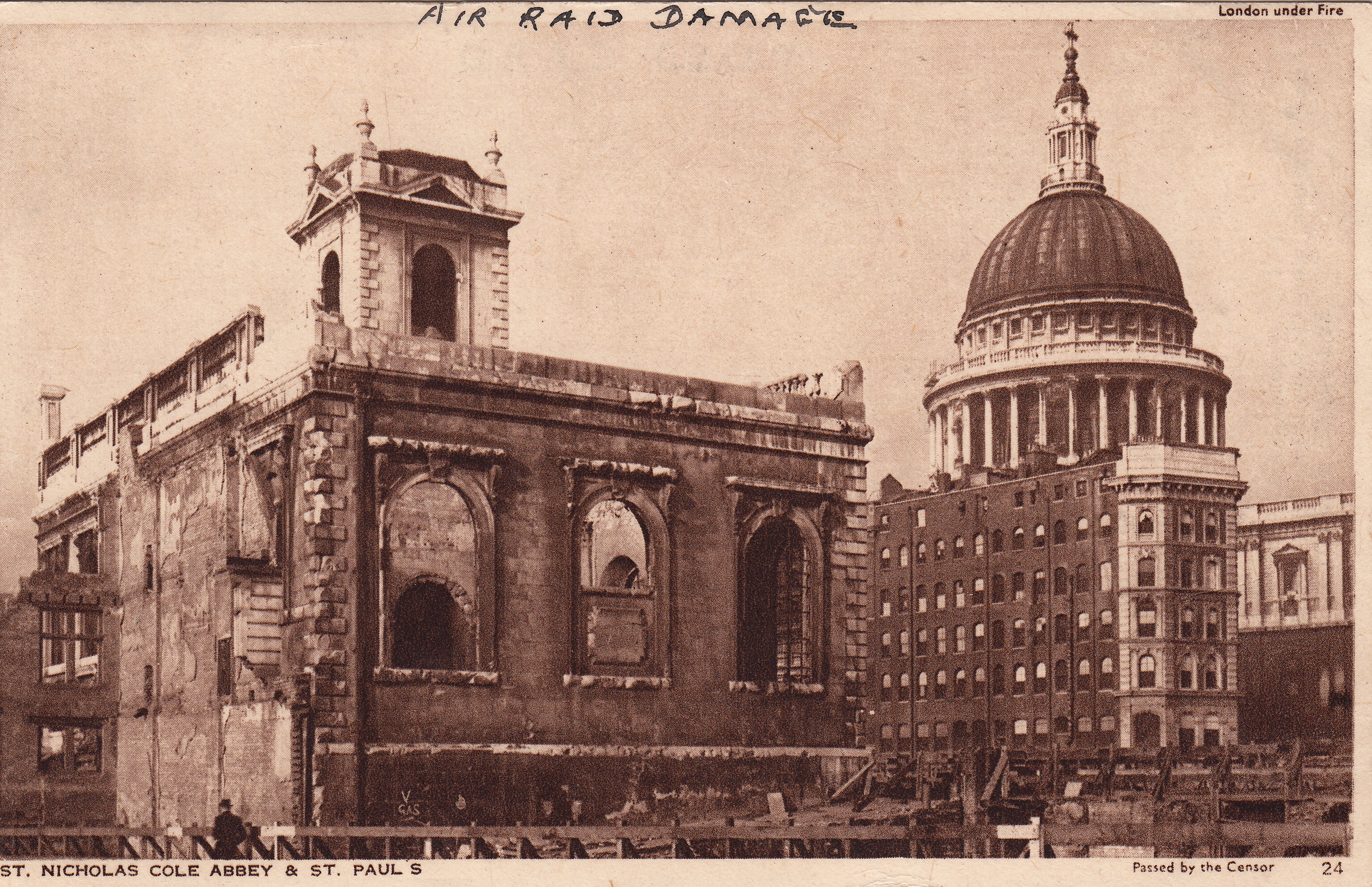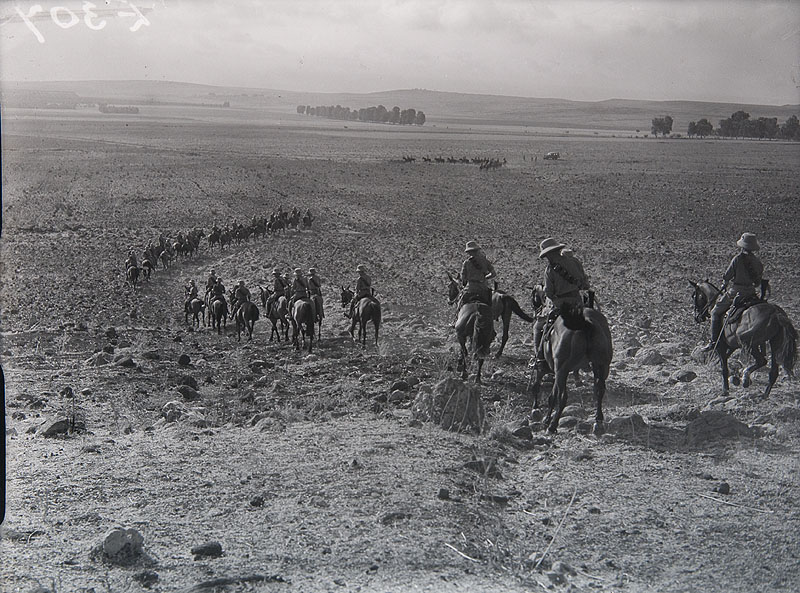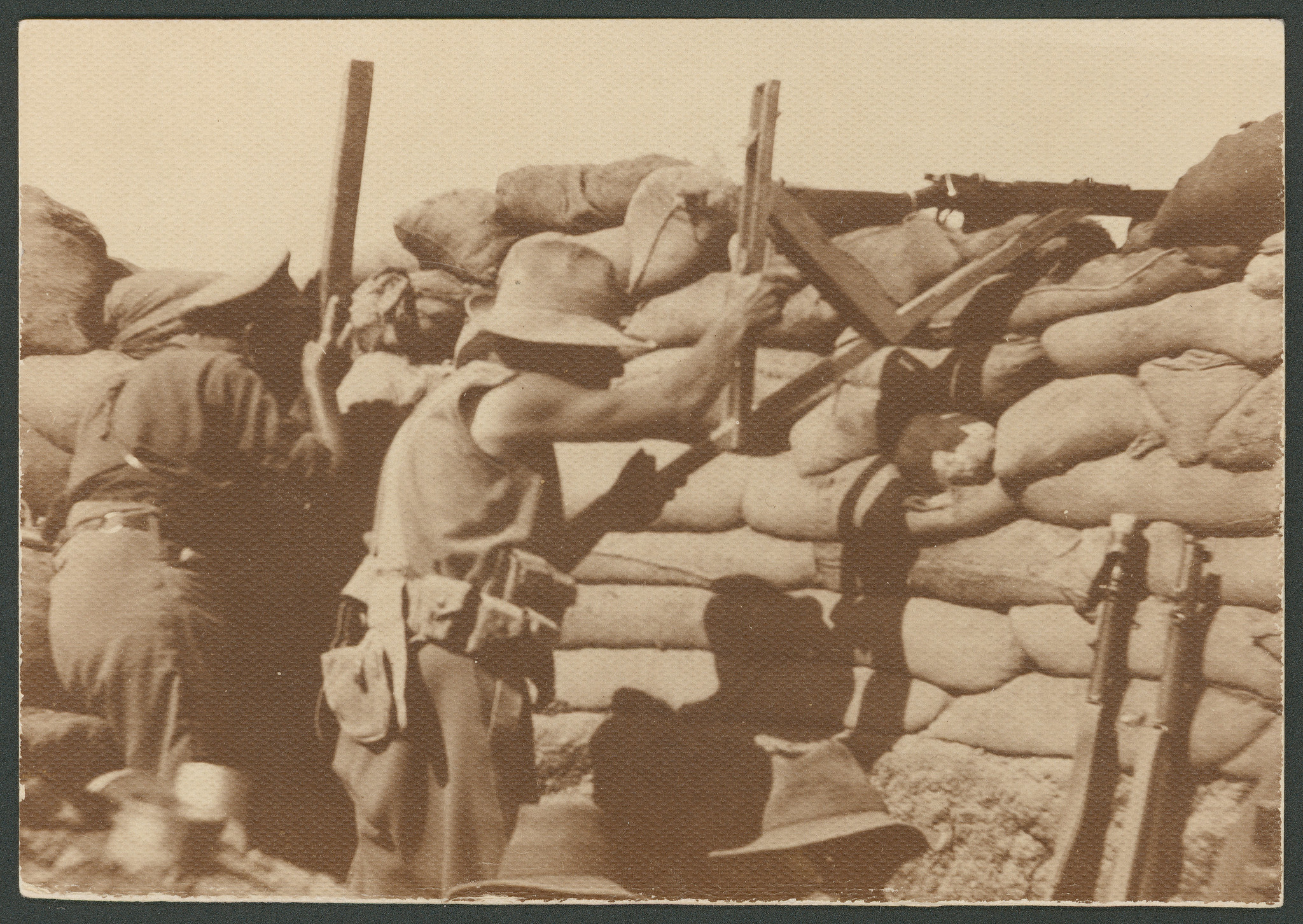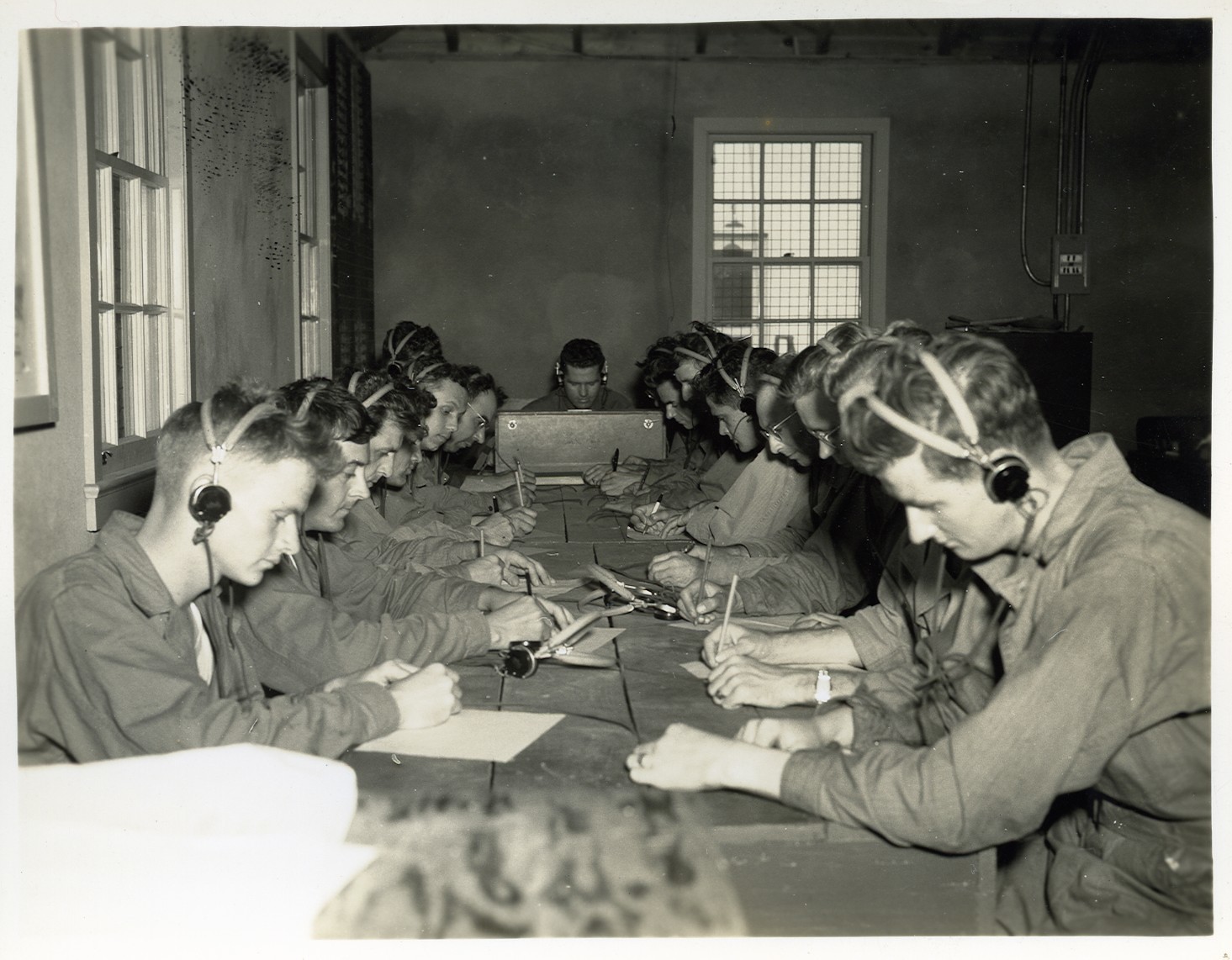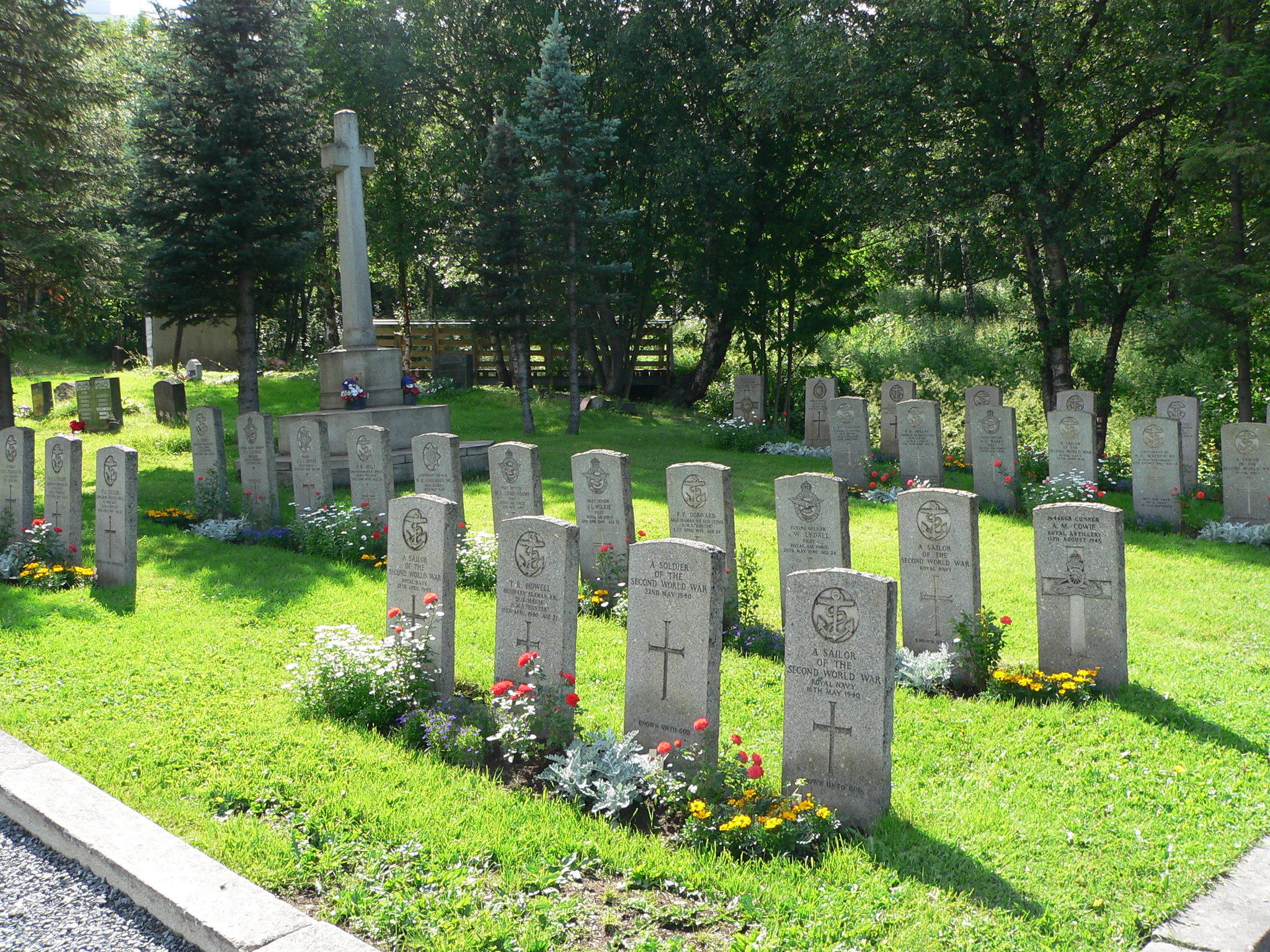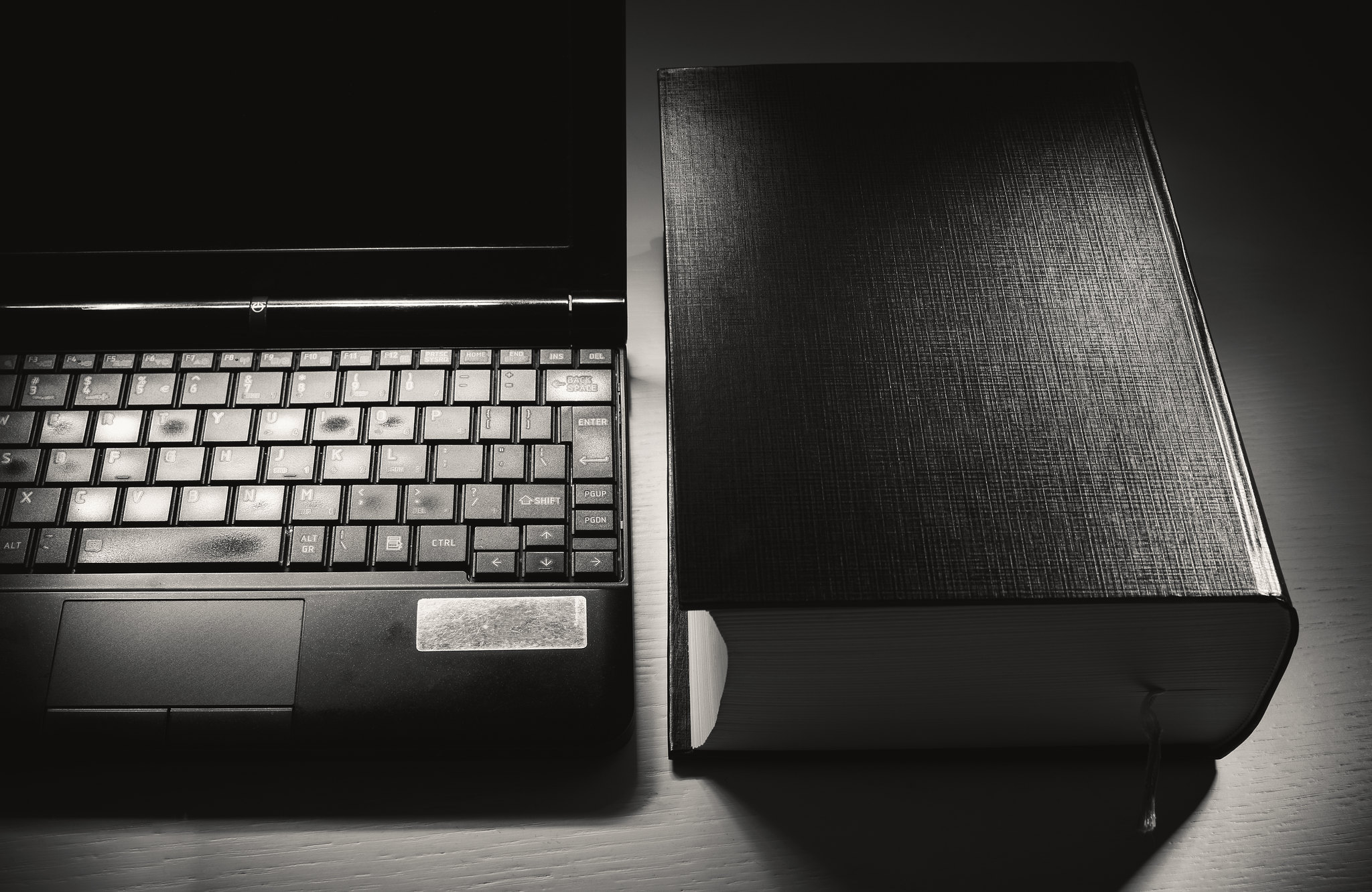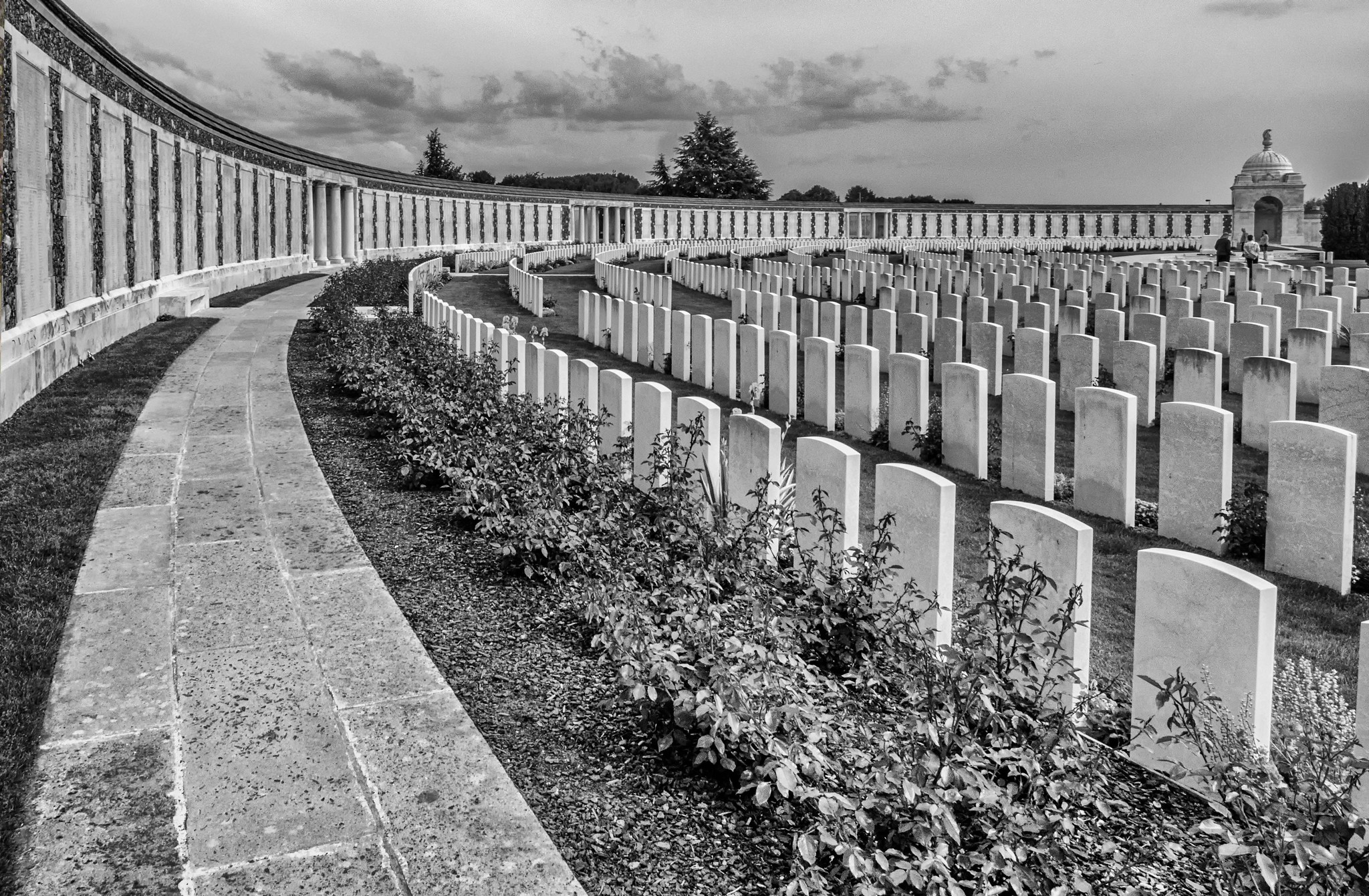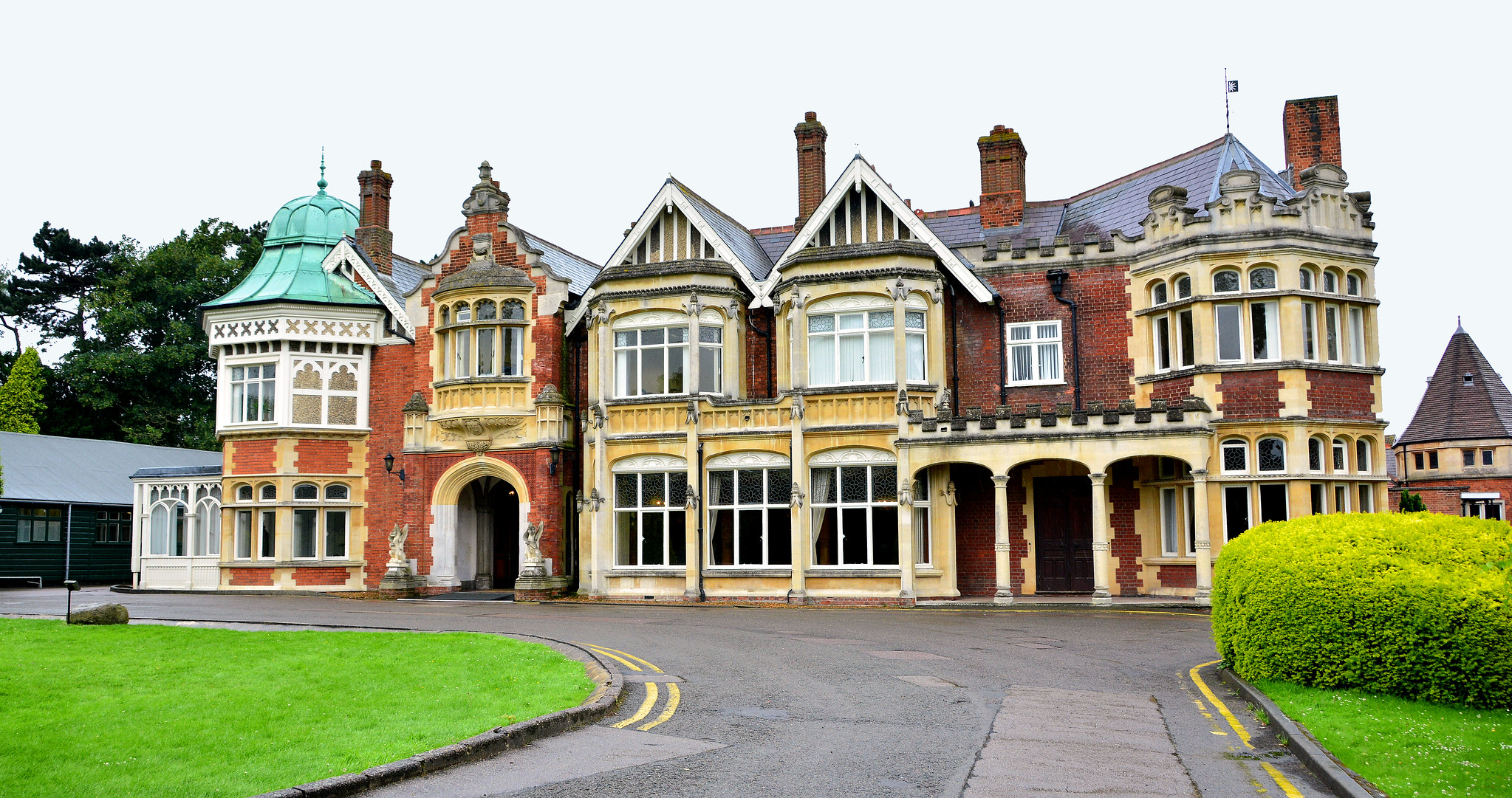Reviewed by Oliver Parken
Memories of Britain’s war continue to soothe a fragile national psyche. Brexit and the Coronavirus pandemic, two of the greatest political challenges in living memory, have often been unambiguously linked with the myths of Britain’s war. Given the recent turn to the right in mainstream British politics and the conservative underpinnings of Britain’s war memory, politicians and commentators draw freely from the past to provide stability in the present. Britain ‘stood alone’ in forging a Brexit deal as it did against continental Europe in 1940. Beating Covid-19 demands a pulling-together and sacrifice of civil liberties of society reminiscent of the ‘Blitz spirit’ (itself part of a larger, more egalitarian framing of the war which nonetheless feeds into right-wing narratives).
Leave a Comment
